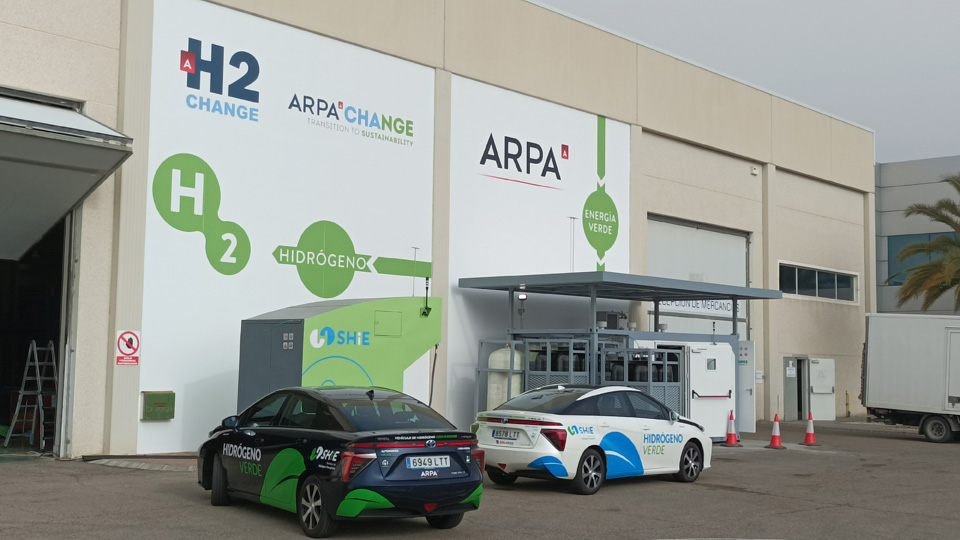Since the European Green Deal pact (Dec 2019), Europe has set itself the goal of achieving emissions neutrality by 2050 and, because of this important commitment, important milestones have been reached to combat climate change through a transition in the energy model. The year 2020 was particularly important, as documents were published that set out strategic plans for this purpose, not only at European level with the Hydrogen Roadmap Europe, but also at national level with the Hydrogen Roadmap drawn up by MITERD.
This Roadmap establishes that by 2030 there will be 150 to 200 hydrogen buses in circulation in Spain, as well as 5,000 to 7,500 hydrogen heavy-duty vehicles and an unspecified number of utility vehicles. In this plan, it is envisaged that there will be at least 100 to 150 Hydrogen Refuelling Stations (HFSs) with public access.
It is in this context that the PREVERH project, a consortium formed by Zoilo Rios, Tafyesa, Bureau Veritas and the FHa, is framed, which aims to respond to the challenges that the HRE sector will have to meet in order to achieve these 2030 objectives. These include:
– Study and application of the regulations in force for the development of this type of infrastructure, thus drawing up processing guides to speed up the start-up of these refuelling stations. This task will not only help companies but will also serve as an exercise for public administrations to familiarise themselves with new hydrogen technologies and their administrative requirements.
– Study and application of current health and safety regulations, allowing the identification of critical points for health and safety, as well as the creation of specific inspection and revision schedules. These documents will allow any actor or promoter related to HREs to gain first-hand knowledge of the details of these installations, as well as facilitating their installation in Spain.
– Finally, it is worth highlighting this proposal’s commitment to digitalisation, considering it as a core part from the design phase of the installations. Sensorisation, analysing the potential problems that may arise and responding to them in advance, as well as the creation of a data collection and management platform from the outset, will allow these installations to function optimally. For this reason, part of this project will be responsible for the development of a cloud tool that can be used for these functions, among others, and that can accommodate a potential evolution in the future with regard to multifuel stations.



